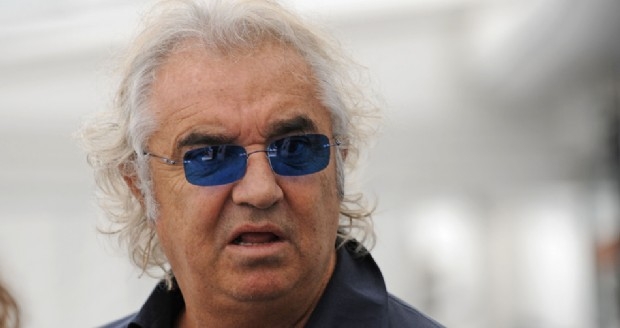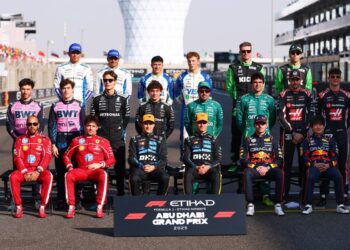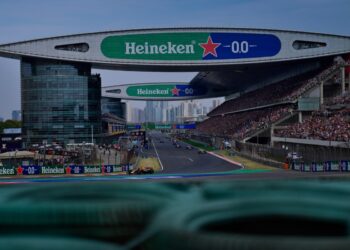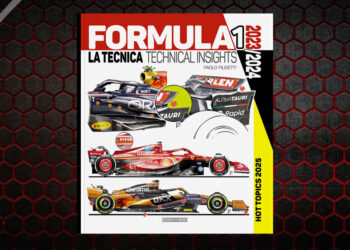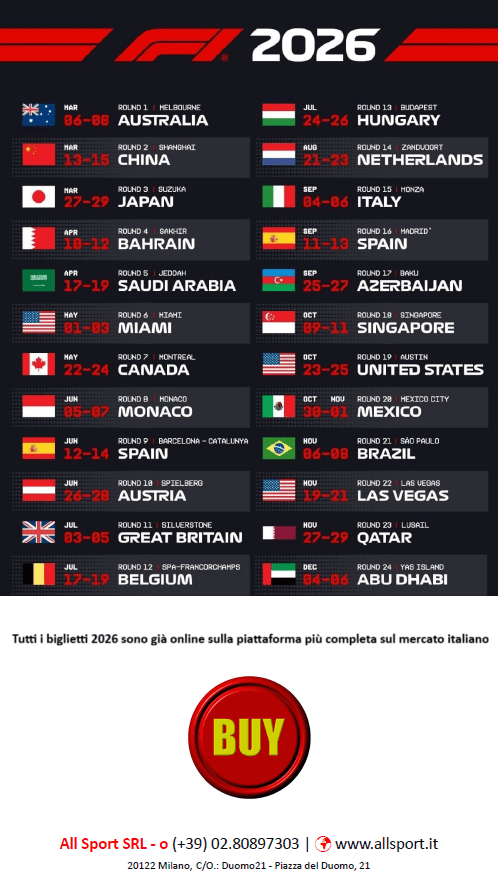Flavio Briatore, who for two decades presided over often title-winning success on the pitwall, says he is now only an occasional viewer of grands prix. “On Sunday I watched the (Bahrain) race for ten minutes and then did something else,” the Italian told Rai radio earlier this week. “They spend (EUR) 300 million but then have to restrict their drivers in the races”. Briatore said F1 drivers should instead be able to do “60 qualifying laps” on 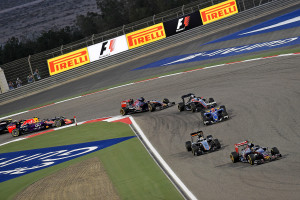 Sundays rather than worry about saving fuel and tyres. The nature of the rules is a topic even today’s F1 insiders are now furiously studying, as new sponsors are reluctant to invest and audiences wane. “In formula one there is now a lot of technology but people have noticed there is no longer real racing,” said Briatore.
Sundays rather than worry about saving fuel and tyres. The nature of the rules is a topic even today’s F1 insiders are now furiously studying, as new sponsors are reluctant to invest and audiences wane. “In formula one there is now a lot of technology but people have noticed there is no longer real racing,” said Briatore.
Even those who had the power to veto the new power unit era, namely former Ferrari president Luca di Montezemolo, admits it was a mistake not to do so. “Hybrid engines are the future,” he told La Repubblica newspaper. “But with hindsight, yes, it would have been better to oppose. What I see is an F1 that, while remaining an extraordinary spectacle, is losing market share.”
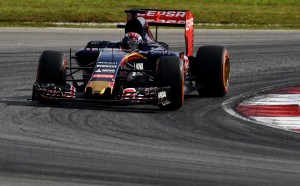 Former long-time test driver Pedro de la Rosa has also identified the problem with modern formula one. “Run by engineers, F1 has made such complex regulations that the public neither understands nor appreciates,” he told the Spanish newspaper Diario Sport. “They see cars that are slower in the corners and drivers who move the switches when their engineers tell them. The case of Max Verstappen has shown that, while his talent is great, the jump from F3 to F1 is no longer so big. To see him and even (Carlos) Sainz adapt so quickly is not good because it means that F1 is too close to the lower categories and that the performance gap that used to make it so special is no longer there.”
Former long-time test driver Pedro de la Rosa has also identified the problem with modern formula one. “Run by engineers, F1 has made such complex regulations that the public neither understands nor appreciates,” he told the Spanish newspaper Diario Sport. “They see cars that are slower in the corners and drivers who move the switches when their engineers tell them. The case of Max Verstappen has shown that, while his talent is great, the jump from F3 to F1 is no longer so big. To see him and even (Carlos) Sainz adapt so quickly is not good because it means that F1 is too close to the lower categories and that the performance gap that used to make it so special is no longer there.”

